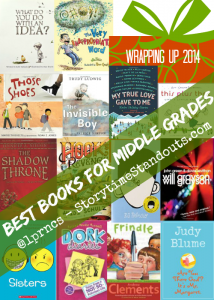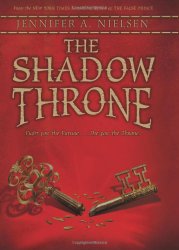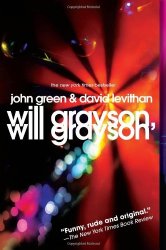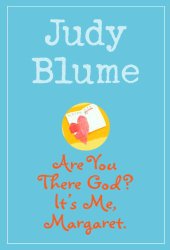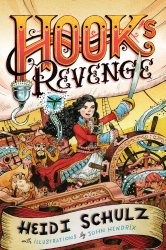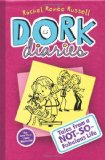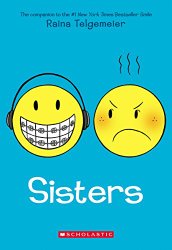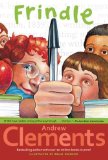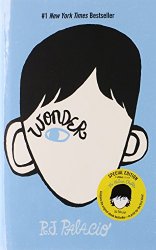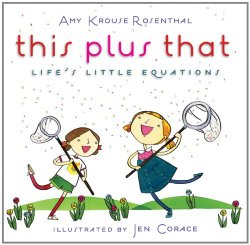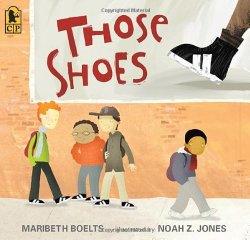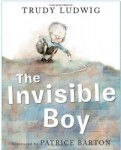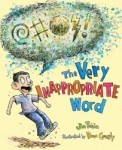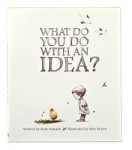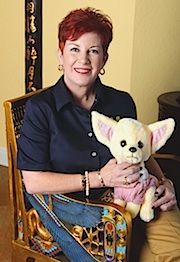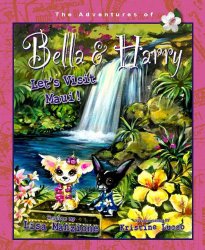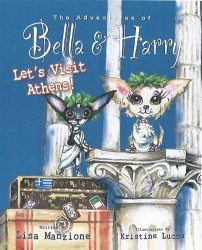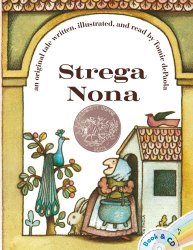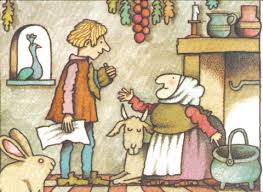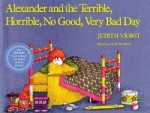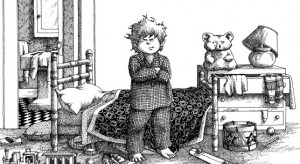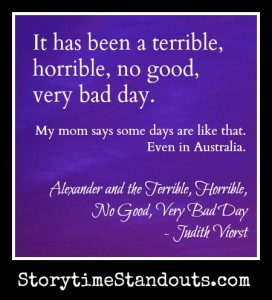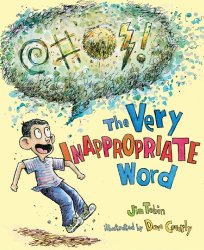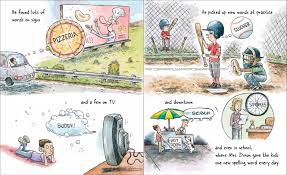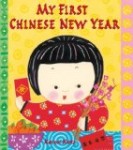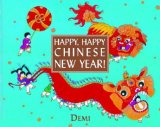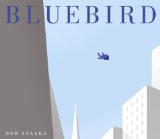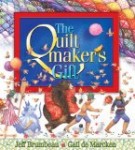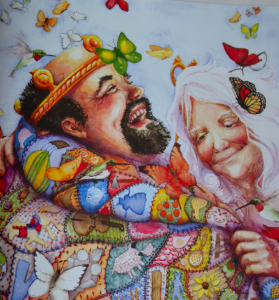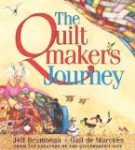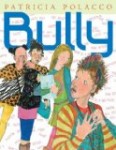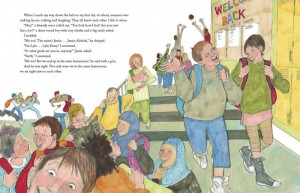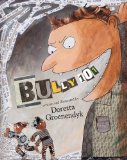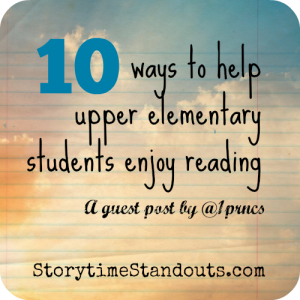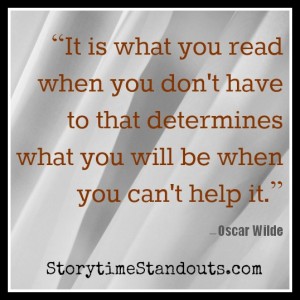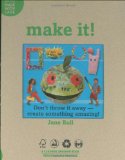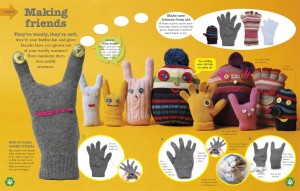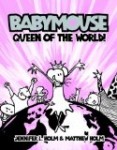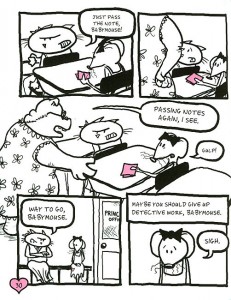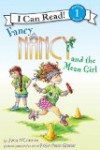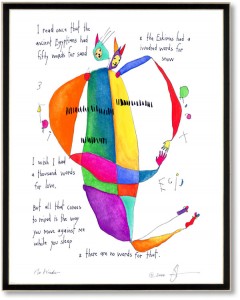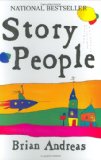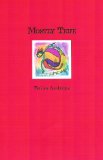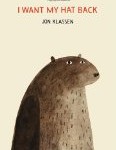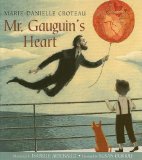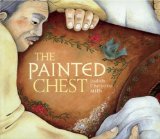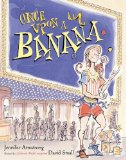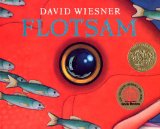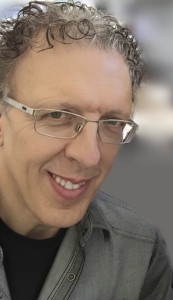 For nearly thirty years, François Thisdale’s has worked as an award-winning illustrator creating images for children’s books, news magazines, annual corporate reports, and book covers for several clients in Canada, United States, Korea, China, Colombia, Spain and France. His trademark multi-textured images are the product of a unique blend of traditional drawing, photography and richly textured painting techniques interwoven with digital imagery that creates particular atmospheres. He is the illustrator of Missing Nimama
For nearly thirty years, François Thisdale’s has worked as an award-winning illustrator creating images for children’s books, news magazines, annual corporate reports, and book covers for several clients in Canada, United States, Korea, China, Colombia, Spain and France. His trademark multi-textured images are the product of a unique blend of traditional drawing, photography and richly textured painting techniques interwoven with digital imagery that creates particular atmospheres. He is the illustrator of Missing Nimama which recently won the TD Award and The Stamp Collector
, which is on the International Board on Books for Young People’s Honor List. He has also won a Notable Books for a Global Society Award and the Crystal Kite Award; been a TD Children’s Book Award Finalist; an OLA Best Bet; an Amelia Frances Howard-Gibbon Illustrator’s Award finalist; and a Willow Awards finalist. François lives near Montreal, Quebec.
Tell us about your latest published children’s book. Who do you think should read it? What are you most proud of?
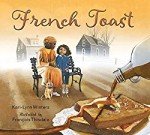 My latest release is a picture book for age 4-7 entitled French Toast, a text from Kari-Lynn Winters published by Pajama Press.
My latest release is a picture book for age 4-7 entitled French Toast, a text from Kari-Lynn Winters published by Pajama Press.
This is a great story about difference, about color of skin, about identity. Phoebe—half Jamaican, half French-Canadian—hates her school nickname of “French Toast.” Her grandmother uses descriptions of favorite foods from both of Phoebe’s cultures to celebrate the varied skin tones of her family. This is a great book for all ages and all colors.
For that book, the challenge was inspiring. I’ve worked around different atmospheres to match color of food described in the story. I wanted to create poetic moods and incorporate food elements, like banana bread, tea, maple syrup or peach yogurt to build special images. I think I’ve succeeded to create a surreal world that helps to dive into this dialog between Phoebe and her grandmom. Each spread becomes a special place to observe these characters. I’m very proud of the result. I particularly like the tenderness of this little girl and the natural tones of the illustrations.
Thinking back to your own childhood, is there a particular author or illustrator who was a favorite? Why do you suppose that person’s work resonated with you?
As far as I remember, I’ve always been attracted by drawing and art in general. At the age of 4 or 5, my favorite series of books was Tintin and Snowy, by Hergé. I’ve been moved deeply by one of these books, Tintin and the Blue Lotus. All Tintin and Snowy books were very special to me but this specific book haunted me by the beauty of images, the strange architecture, its colourful exoticism. It was great to be able to follow the story without knowing how to read. I had the impression of traveling far, far away.This is the moment where I have started to draw for the rest of my life.Later on, I saw a photography of Hergé’s studio in a magazine for kids. I’ve been very impressed by that shot. I wanted to do that, to draw all day long!
When I left for China in 2003 to adopt our daughter, I admit that I’ve thought about my childhood, about that precious book and remembered how it inspired me as a kid. I didn’t know that China would give me the chance to become a father. I did lots of sketches in China and The Blue Lotus was still resonating inside of me.
If we were watching over your shoulder as you work on a book, what would we see? Where do you work? What does your writing / illustrating process look like? 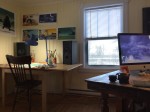
I’m working from home, an antique farmhouse, my studio is a luminous space with two large windows. Every single day starts almost the same, a good teapot of Oolong tea. I need lots of music and life is good!
When I work on a picture book or on a book cover, I’m very passionate.
A picture book project starts with the reading of the manuscript. That’s the moment where everything is possible. Each text brings different challenges to face. I need to understand characters, to learn from their stories and to find a link with my own life. I’m very grateful about authors, this is a real gift to share the world of other creators during months.
The work begins with pencil and watercolour sketches, far from a final illustration but enough to give a direction to the book. I love to work on a sketchbook. I feel the same as when I’m traveling.
From there, with comments from my editor, I start to work on images. First off, I build the skeleton of my illustrations with photographic references, part of painting textures, different details taken here and there, and I create a collage of photographies and paintings details, in Photoshop. I print that proof on my wide format printer and I paint over with acrylic and different mediums. Then, I scan this image to work it again in the computer. I add textures, collage, elements painted aside like skies, painted textures and adjust contrasts, levels, saturation. This is a long process, a kind of alchemy. And I love it!
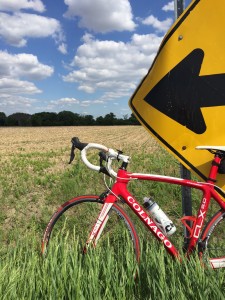 I usually take an hour or so during the day to keep the shape and get my head cleaned. From April to November, I’m cycling around 35 kilometers a day. I love the sensation of the wind and the contemplation of landscapes. I alway carry my cell phone to take pictures that could improve the quality of my illustrations.
I usually take an hour or so during the day to keep the shape and get my head cleaned. From April to November, I’m cycling around 35 kilometers a day. I love the sensation of the wind and the contemplation of landscapes. I alway carry my cell phone to take pictures that could improve the quality of my illustrations.
What are the biggest challenges of being an author / illustrator?
My work, as a freelance illustrator, asks me to be well organized and disciplined. I see illustration as a language where I need to “say” things differently, regarding the text. When I’m doing a picture book, I want to create a dance between words and images and to enhanced some parts of the story by creating specific moods. This is a link, a bridge between the text and the reader. An illustrator must dive into the story and search to understand characters, to feel the story from his guts. Obviously, this is a great way to express myself and I think that I became an illustrator for that reason: the easiness to communicate that way, to “tell” things differently without having to say a single word, to understand and share someone’s world.
Does music play a part in your writing/illustrating? If so, what sort of music do you connect with your work?
Yes! I’m listening to music all day long. This is a great part of my inspiration. Music is something essential for me, something natural. As long as I remember, music has always been present in my life. My father was a pianist, I’ve played guitar a lot and composed music for shortfilms in a period of my life, music is an extension of my sensitivity. I like a wide variety of styles, depending of the moment. Today’ I’ve listened to Andy Stott, a londonian DJ, Yussef Kamaal, Ray Lamontagne and Radiohead and ended my working day with John Dowland solo lute music. Music is a great chance to discover different cultures and to admire creativity.
If you could dine with any author/illustrator (alive or dead), who would you choose and why?
Hard to choose… Let me give you three names.
First, Eugene Delacroix simply for talking with him about his Moroccan sketchbooks. These sketches are still moving me. I visited Delacroix’ studio in Paris on place Furtenberg and had the chance to see some of these drawings.
I would have liked to meet Carl Beam, who died in 2005, an Ojibway painter who worked on large format paintings that incorporates photo-imagery. I love his work and his attachment to his roots. I would have liked, for sure, to discuss about his technique of blending photo and painting as well as knowing more about the true meaning of some pieces of art I love.
And finally Binette Schroeder, this wonderful German illustrator, to hear from this woman about her great career and to learn about this passionate person.


